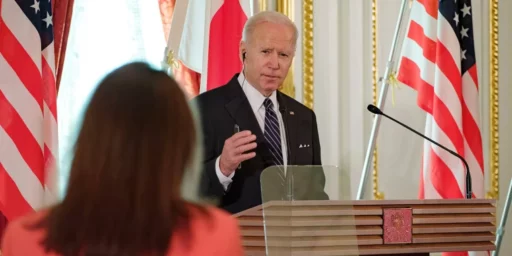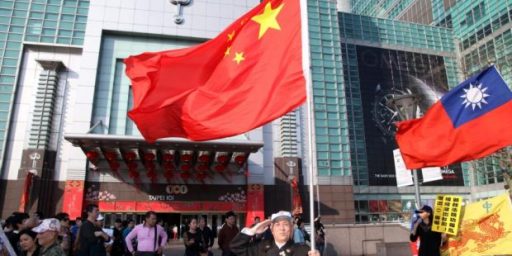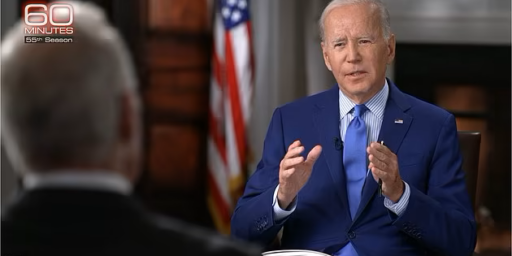Pentagon Prepares Report on China’s Growing Threat
Report on China Warns of Emerging Rival (FT)
The Pentagon is preparing to release a report on the Chinese military warning that the US should take more seriously the possibility that China may emerge as a strategic rival, according to three sources familiar with the report.
Some officials at the State Department and the National Security Council are concerned that the congressionally mandated report paints an antagonistic picture of China, according to one person familiar with the report. There is also concern that the report will complicate US efforts to work with China to encourage North Korea to return to the negotiating table over its nuclear programme.
President George W. Bush came to office in 2001 calling China a “strategic competitor†rather than a “strategic partnerâ€, the term favoured by the Clinton administration. But US-China relations have improved markedly since the 2001 al-Qaeda attacks on the US, as China has co-operated in the US “war on terrorâ€. However, the Pentagon report appears to bring the administration closer to the views expressed by Mr Bush before he became president.
Two sources said the report would mention “assassin’s mace†strategies–a term employed during China’s warring states period that referred to secret weapons and strategies used to deceive and quickly defeat enemies–which the People’s Liberation Army could be developing for use against Taiwan.
While the report has not been finalised, and could still be subject to revision, it is expected to emphasise “known unknowns†including the lack of US knowledge about the actual size of the Chinese defence budget and its future military strategy. The language is an attempt to emphasise that the US should not accept at face value China’s statements that it intends to emerge as a peaceful power.
The report seems to have so many neoconservative elements that I’m astonished it’s only coming out now. Indeed, Ellen Bork of the Project for the New American Century wrote just this past November:
America’s Role in Asia and the EU Arms Embargo (Der Tagesspiegel)
Lately, such [German-American] cooperation has seemed elusive. American efforts to share information on China’s military build up and the precarious situation of Taiwan have not been well received. Washington’s briefings have probably included data on China’s military spending, including on weapons acquisition, which according to Evan Medeiros increased 1000 percent between 1990 and 2002, while the percentage of the budget devoted to arms procurement doubled. However, even these alarming figures may not represent the situation accurately; China’s defense budget is estimated to increase at a rate two or three times higher than the official statistic of 13% per year.
What is the effect of Beijing’s build up? And, what difference would European arms sales make? According to a senior Pentagon official, Richard Lawless, “China’s ability to acquire, integrate and thereby multiply its force posture has really increased dramatically. …. [W]hat the EU does or doesn’t do with its arms embargo or limitation vis-a-vis China is much more important today than, say, it was even four or five years ago.” The Pentagon has estimated that the balance of forces will tilt in Beijing’s favor as soon as next year.
It’s a reflection of what neoconservatives have been discussing for quite some time. And it’s a harbinger of what the forthcoming report will contain.
Related:





